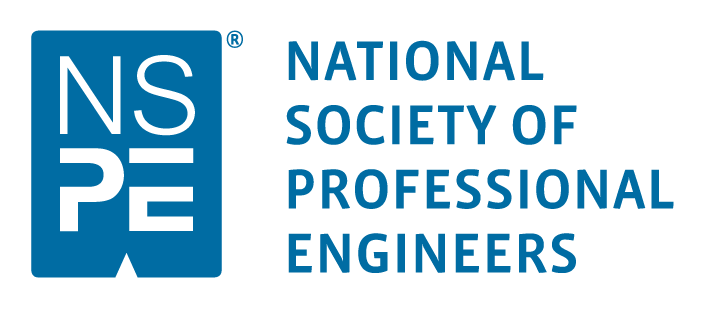Achieve NJDEP Permit Compliance the HARD Way
NJDEP permit compliance is an important matter that no company in the Garden State can afford to ignore. There are various state laws and regulations that NJDEP is imposing, most of which include robust and stringent checklists that businesses must meet to remain compliant and avoid costly penalties and even the possibility of shut down and imprisonment for senior management.
Keeping track of NJDEP permit applications, data gathering, report submittal deadlines, identifying the processes that require environmental permits, and developing relationships with regulators can be extremely problematic, let alone expensive when done in-house.
Sometimes a compliance issue can be as simple as submitting the emission report one day late; in others, it can be a series of small problems that can snowball over time. In more complex cases, NJDEP compliance problems can go undetected for years, only to finally be discovered during an audit or inspection.
When done without sufficient knowledge about the current and latest NJDEP laws and regulations, a company is vulnerable to committing big mistakes that are costly and possibly dangerous to the environment. In any case, here are some of the challenges that companies in New Jersey must overcome when they decide to do their NJDEP compliance by themselves or trust inexperienced personnel for the job.
- Avoiding Conflicts Between Departments
One of the responsibilities of environmental compliance personnel is negotiating with NJDEP and figuring out the specific systems and policies that must be put into place to comply with various regulations and secure the permits they need.
Once these compliance decisions are made, it is up to departments such as maintenance and operations to implement and monitor them on a day-to-day basis. It is not only important that those systems and policies are communicated clearly, but also ensure that on-site personnel have received adequate training on how to effectively enforce them, so they are prepared for regulatory inspections from state and local jurisdictions.
- Keeping Up-to-Date with Rule Changes
To best comply with NJDEP permit requirements, companies should fully understand every rule that applies to them and diligently keep updated on the changes to those rules. They also need to retain documentation that demonstrates the actions they take to meet those obligations.
Being unaware of the regulatory changes can lead to compliance issues. So it’s important to know when the rules that apply to the facility are amended so that systems and policies they have in place are updated accordingly as well.
- Updating Permits During Process Changes
The NJDEP requires companies to conduct an environmental review when changing processes in their operations and subsequently apply for a new permit before the updated process starts. Compliance issues can arise if the company starts to implement the new process without conducting a proper environmental assessment first.
For example, replacing a vital piece of equipment could result in an increase in emissions, or re-routing a process line could lead to an important piece of equipment to be by-passed. In any case, the company should follow the complex process of obtaining NJDEP air permits before they implement the new process to avoid non-compliance.
- Retaining In-House NJDEP Compliance Experts for the Long Run
The last and often most overlooked challenge of doing compliance in-house is retaining the compliance staff members with the company. When they leave, the company runs the risk of non-compliance due to loss of institutional knowledge. This can lead to reports not being submitted on time, permits not getting renewed, or even violations that can lead to expensive penalties or even criminal sanctions.
Why Hiring Professional Engineers for NJDEP Permit Compliance Makes More Sense
One way to make sure that companies in the Garden State can achieve NJDEP Permit Compliance and stay focused on what drives success in their business is to hire a team of professional and experienced engineers.
By retaining the expertise of professional engineers specializing in environmental consulting, companies in New Jersey can maximize their resources while complying with related laws and regulations. Instead of wasting valuable time and money on doing NJDEP permit compliance monitoring in-house, it’s a more strategic move to hire a team of experts that can complete the job in less time for less money. They also work independently with the other departments of the company, so any conflicts that could derail various tasks related to NJDEP compliance can be avoided.
They can also provide on-site training so that all the key personnel of the facility thoroughly understand the specific day-to-day actions they need to do to adhere to compliance standards. The time and money saved can, therefore, be used to improve the more crucial aspects of growing the business, such as its research and development department, or its marketing strategy.
Another advantage of hiring a team of professional engineers for NJDEP permit compliance is that it reduces the strain that companies experience when applying for permits needed for their operations. Once permits are obtained, companies can still rely on the years of knowledge and proven experience of these professionals for their monitoring, recordkeeping, and reporting – all of which are vital to avoid the hefty fines and penalties from a surprise NJDEP audit.
To help commercial building owners and facility managers in NJ achieve NJDEP permit compliance as efficiently as possible, Lockatong Engineering provides assistance in obtaining NJDEP Permit Compliance. Contact us to learn more about our environmental consulting and evaluation services today.








